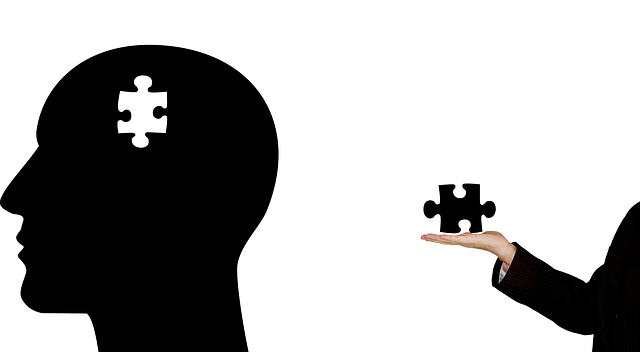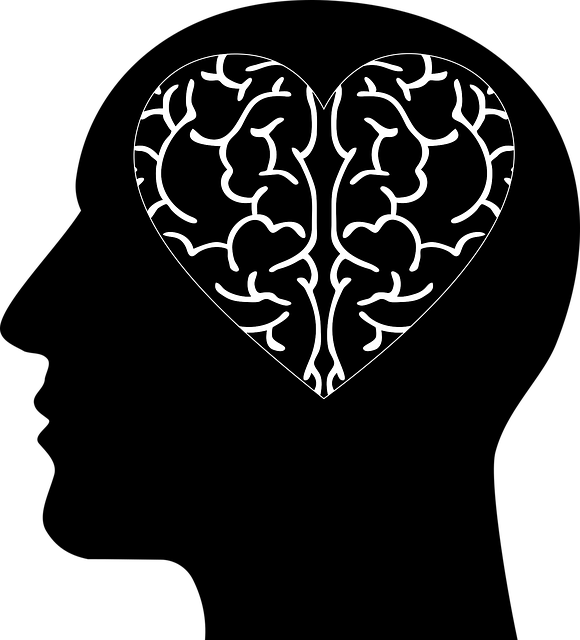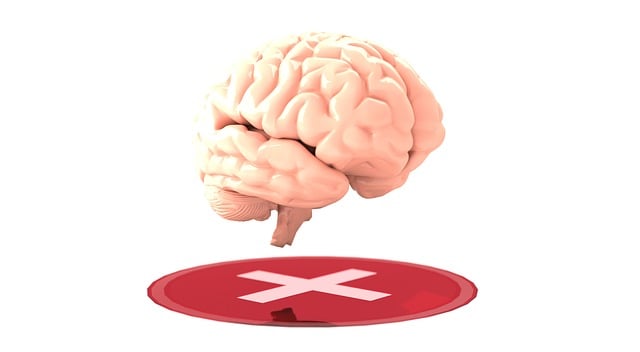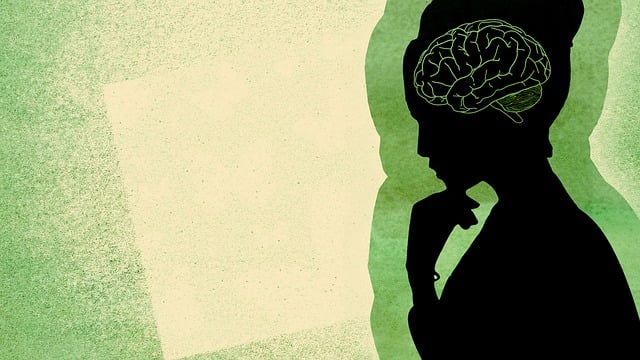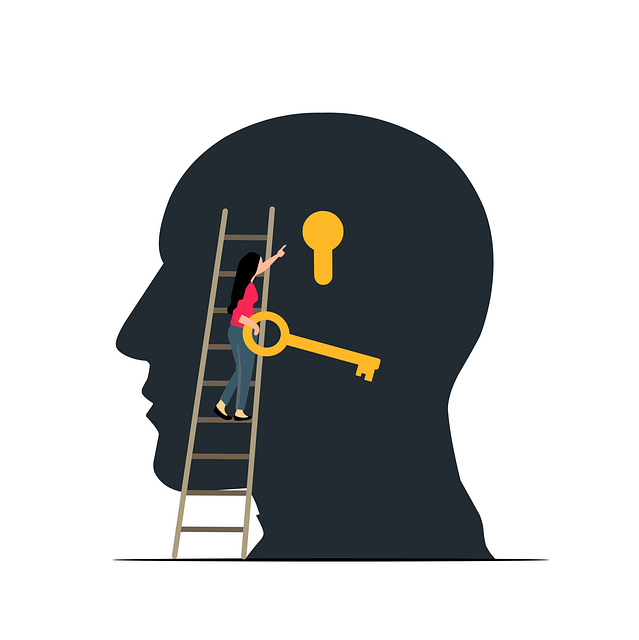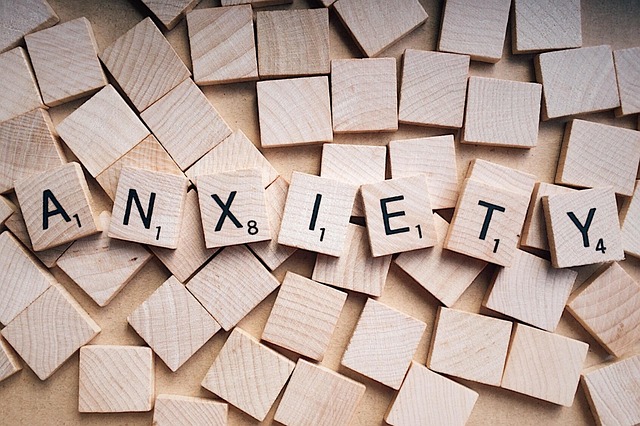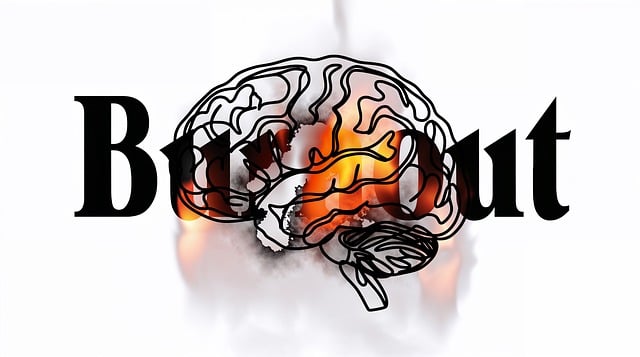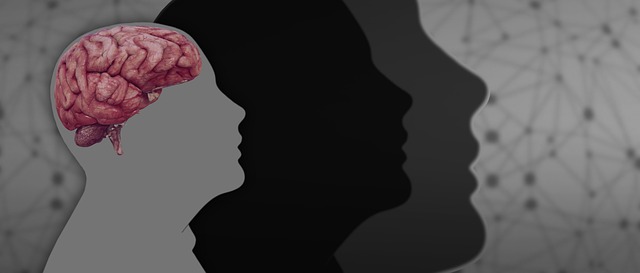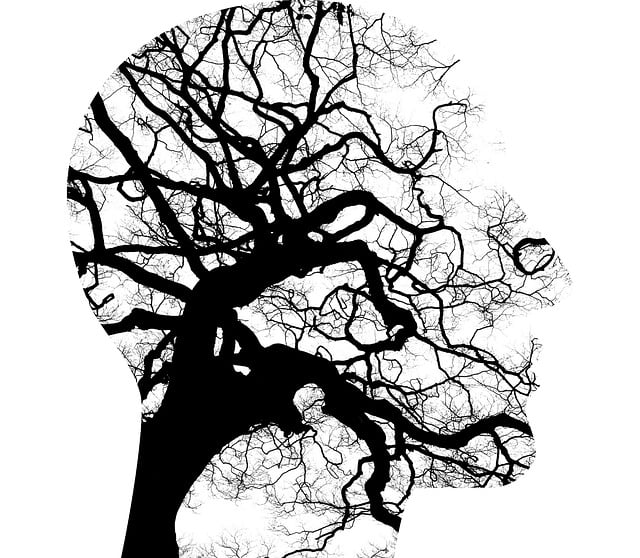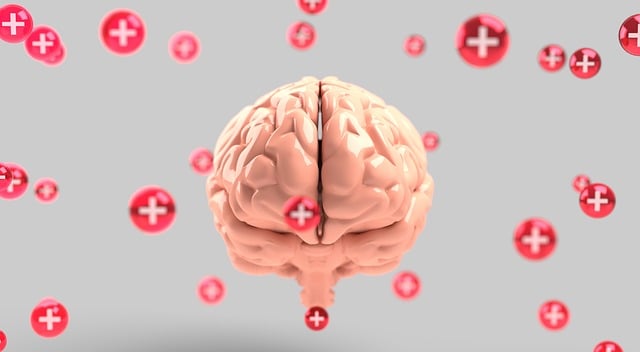Golden First Responders Therapy (GFRT) tackles mental health stigma by providing specialized, compassionate care for trauma and crisis intervention. Combining advanced mental health practices with training in compassion cultivation and stress management, GFRT emphasizes early support and symptom alleviation. Through training community leaders, professionals, and encouraging self-awareness exercises, self-esteem building, and self-care routines, GFRT fosters inclusivity, normalizes conversations around mental health, and empowers individuals to seek help for their mental illness challenges.
Mental illness stigma remains a significant barrier to treatment and recovery. This article explores strategies to reduce this pervasive social problem, focusing on understanding the roots of mental health stigma and innovative solutions like Golden First Responders Therapy. We also delve into effective societal interventions to foster compassion and acceptance, ultimately aiming to create a more inclusive and supportive environment for those living with mental illness. Discover how these efforts are revolutionizing mental healthcare accessibility.
- Understanding the Stigma Surrounding Mental Illness
- Golden First Responders Therapy: A Revolutionary Approach
- Strategies for Effective Stigma Reduction in Society
Understanding the Stigma Surrounding Mental Illness

Stigma surrounding mental illness remains a significant barrier to seeking help and recovery. Many individuals facing conditions like depression, anxiety, or psychosis often experience shame, discrimination, and social isolation due to misconceptions and fear. This stigma can be deeply ingrained in societal beliefs, leading to the perpetuation of harmful stereotypes. As a result, those affected may hesitate to disclose their struggles, fearing judgment or loss of support. Understanding these perceptions is crucial for fostering empathy and encouraging open conversations about mental health challenges.
Golden First Responders Therapy plays a pivotal role in challenging the stigma by providing specialized care tailored to individuals who have experienced trauma or are facing mental health crises. Through evidence-based practices, they offer not just treatment but also education on conflict resolution techniques and stress management workshops within organizations, empowering clients with tools for mood management. By breaking down these barriers, such initiatives ensure that help-seekers feel supported and understood, fostering a more inclusive environment where recovery can thrive.
Golden First Responders Therapy: A Revolutionary Approach

Golden First Responders Therapy (GFRT) is a revolutionary approach that combines innovative practices in mental health care with specialized training in compassion cultivation and crisis intervention. This method aims to disrupt the traditional model of support by focusing on early, effective responses to individuals experiencing mental illness. GFRT emphasizes the critical role of immediate emotional support and self-esteem improvement, ensuring that those in need receive prompt, compassionate care.
By integrating evidence-based techniques from various therapeutic modalities, GFRT professionals are equipped with advanced tools for risk assessment and crisis management. This holistic training enables them to offer tailored interventions that not only alleviate acute symptoms but also foster resilience and personal growth. Moreover, the program prioritizes self-care practices for mental health professionals, acknowledging that compassionate caregivers can better assist others in overcoming the challenges of mental illness.
Strategies for Effective Stigma Reduction in Society

Stigma reduction efforts must be multifaceted to create a more inclusive society. One effective strategy involves training Golden First Responders. These individuals, often community leaders, healthcare professionals, and educators, are equipped with the knowledge and empathy to recognize mental illness symptoms and provide immediate, non-judgmental support. They can act as bridges between those struggling and professional help, normalizing conversations around mental health.
Additionally, Self-Awareness Exercises, Self-Esteem Improvement, and Self-Care Routine Development for Better Mental Health are crucial components of stigma reduction. By encouraging individuals to understand their own emotions and experiences, we foster empathy and reduce fear of the unknown. Promoting self-care practices enables people to take proactive steps towards managing their mental well-being, breaking down barriers often associated with seeking professional support.
Mental illness stigma reduction is a multifaceted endeavor, and as we’ve explored, understanding the roots of this issue is paramount. Golden First Responders Therapy emerges as a promising approach, offering immediate support for those in crisis. Furthermore, societal strategies that foster empathy, education, and open dialogue are essential to creating a more inclusive environment. By integrating these insights, we can work towards a future where mental health is treated with the same compassion and understanding as physical health, ultimately reducing the stigma that has long surrounded it.

